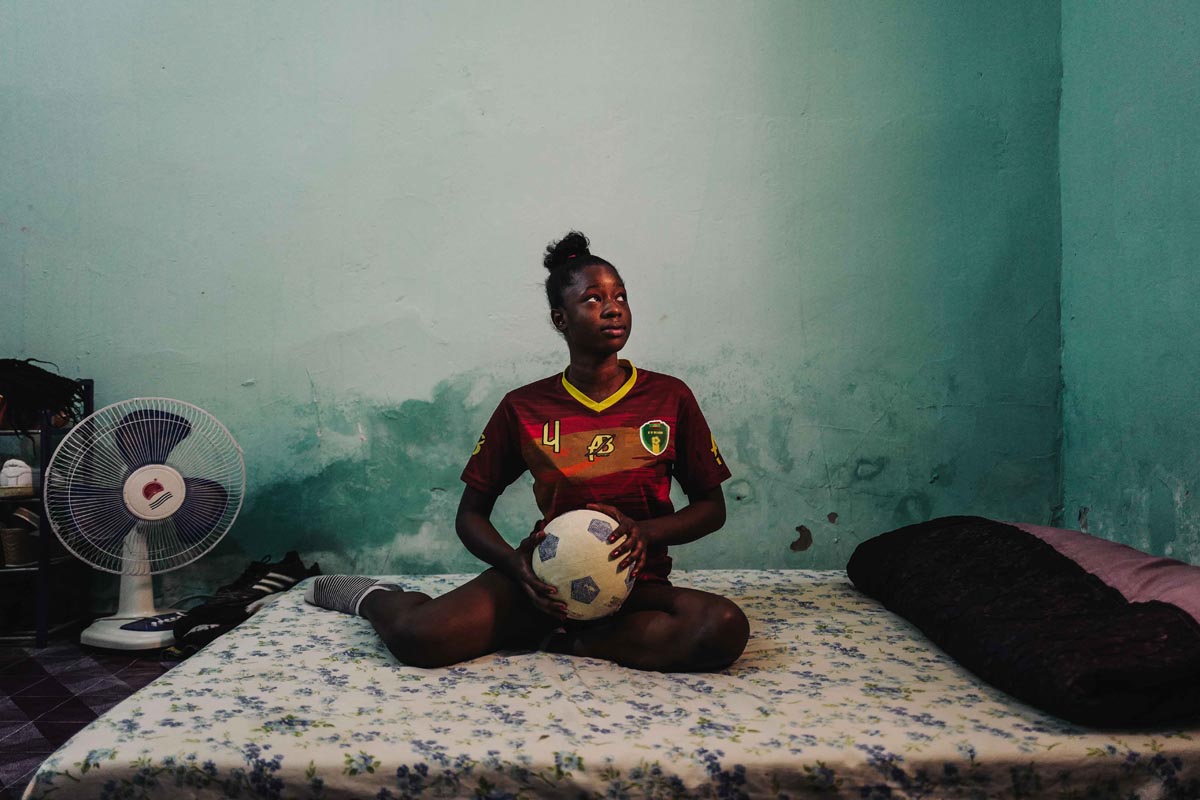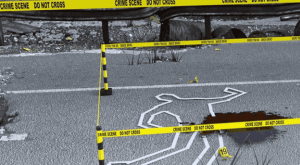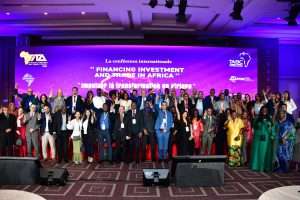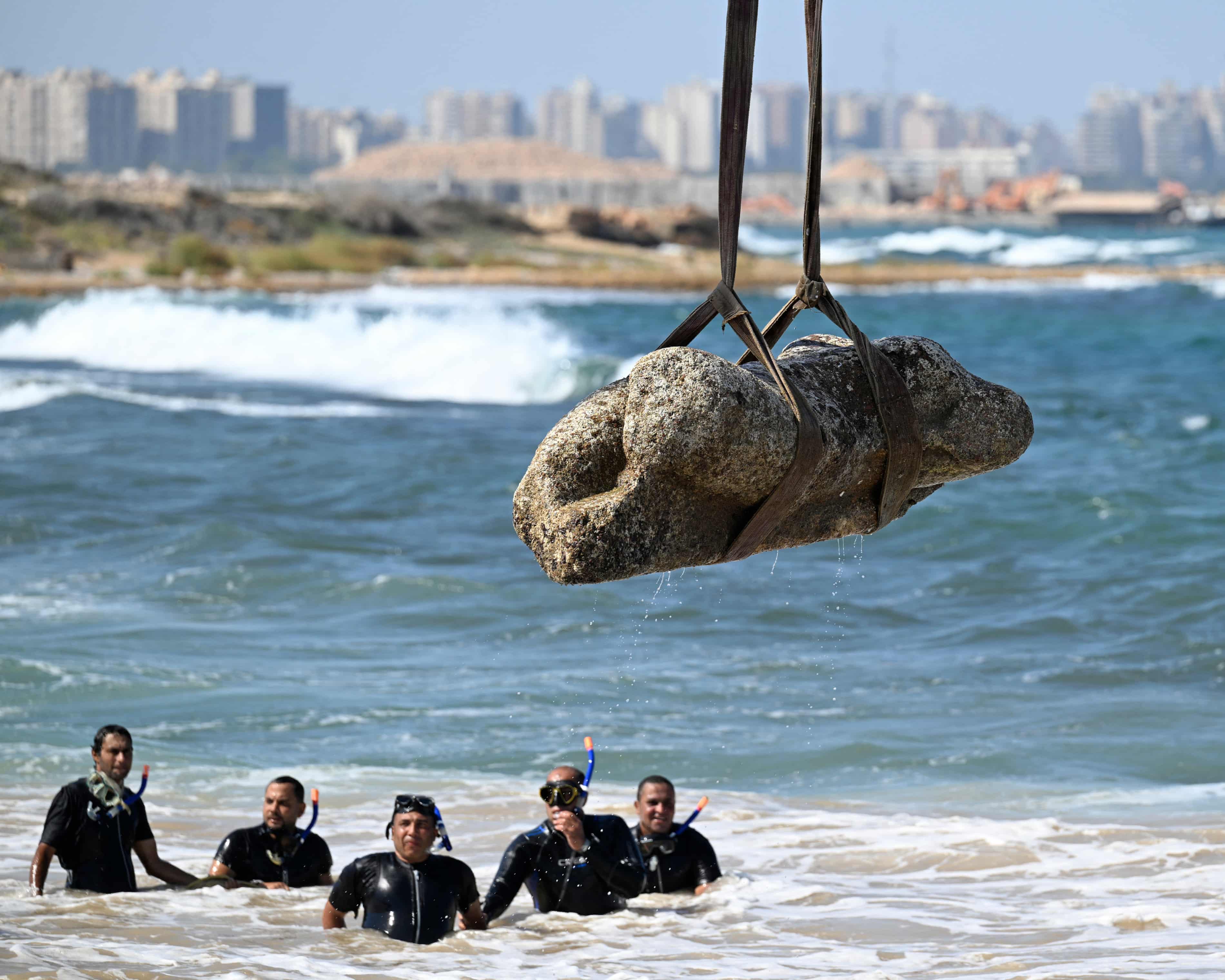Declan Hayes: Is Mauritania the next big thing?

Though its critics might argue Mauritania is one of those God-forsaken places where French Legionnaires routinely dropped dead from mosquito bites, there is much more to this forgotten jewel than that, so much so that Mauritania might be the next big thing for those seeking wall to wall action and Argentinian steaks, which seem to be in particularly high demand in this sea-faring nation.
Messi, Salt Bae and the entire Argentinian squad should take note if they want to follow Ronaldo and move to an up and coming footballing nation. The Stade Olympique, Mauritania’s national stadium, is not only the local footballing Mecca but, as Lonely Planet explains, it is also the place “where locals go for a jog in the early evening”.
As the national team has enjoyed some modest success of late, let’s wish them well in their forthcoming games against DR Congo, Sudan and Gabon. Ditto the women’s national team who have a modest pool of 100 or so players to draw upon. Let’s hope they improve on recent performances where they were twice pipped, in their only competitive games so far, by mighty Guinea-Bissau.
Whatever prowess Mauritania may lack on the playing field is more than compensated for by their colourful fans who like to adorn themselves in so many colours they would make a peacock blush. Given their modest success and the enjoyment the fans derive from it, Mauritanians have probably a better appreciation of the beautiful game than do others with greater logistical muscle behind them.

Not that football is Mauritania’s only leisurely pursuit. If you tire of masticating your way through Argentinian steaks, Lonely Planet informs us that the Port de Pêche is Nouakchott’s star attraction and that “you’ll see hundreds of teams of mostly Wolof and Fula men dragging in heavy fishing nets, as well as small boys hurrying back and forth with trays of fish, which they sort, gut, fillet and lay out on large trestles to dry”. Now quite why you would want to see a bunch of boys and men slog their way through their catch is anyone’s guess but, if you want to fly into Nouakchott (£700 return flights from London), go for it.
But “do not swim here or nearby – there’s a strong undertow and people drown every year.” Perhaps your guide can tell you the best time to go watch the locals and the more adventurous tourists drown so that you can fit it in after a morning eyeing up the local fishermen and their sprogs.
If you’d instead prefer to gaze at monkeys, warthogs and monitor lizards, there is always Parc National Diawling, where you can sleep under the stars and listen to prides of lions creep silently past you as they go about their business.
You can further spice up your holiday by dropping into the Normada cantina, which sells beer, whiskey, rum and vodka after the kitchen closes in the early morning. And, just to up the ante some more, you can get roaring drunk and yell to the other patrons that all religions, Islam in particular, are rubbish and you don’t believe a word of any of it, as you are an atheist.
The beauty of that is apostasy and atheism are both capital offences and so you can die for your faith, or your lack of same. And, as drinking alcohol is similarly frowned upon, you can be sure to get the rope or the firing squad or whatever it is they use to dispose of drunken atheists. It’d all be a great story to tell the folk back home even if they had to pay a Mauritanian medium to hear it.
If all of that seems a bit too edgy for you, you could always buy a slave. Although Mauritania outlawed slavery only in 1981, the practice persists and has, of course, more recently spread to Libya, as a collateral consequence of NATO’s humanitarian efforts there.
And, though “everybody” condemns slavery, a quick peek at the economy of Mauritania and its trading patterns might give us some indication as to why such injustices persist there and, now, elsewhere.
When you are eyeing up those photogenic fishermen and their sprogs, recall that Mauritania’s coastal waters are amongst the world’s richest fishing grounds but, as with Somalia’s waters, Spain and the other usual suspects have sucked them almost dry.
Add to that how the Australian Woodside Petroleum Company, together with the World Bank and the IMF, together with the German, Canadian, Australian and other predatory companies that milk its iron and other mining industries and the equally sinister NATO companies that have its uranium exploration licences and you might get a feel for who can masticate on the imported Argentinian steaks and who must subsist as a slave.
Want to chase the pulse of North Africa?
Subscribe to receive our FREE weekly PDF magazine














